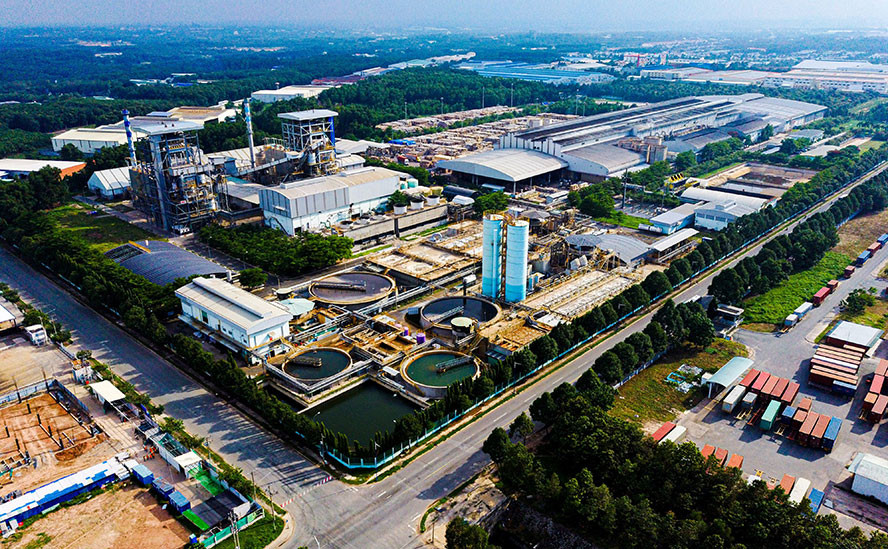
The policies include incentives, such as rent subsidy for new land and factories, financial support for disassembling and transporting factory infrastructure, and soft loans for constructing new facilities.
The Department of Industry and Trade has also mapped out plans for workforce support during the transition period, including unemployment compensation, accommodation, and vocational training.
Two main criteria have been set to identify factories that face compulsory relocation. The first criterion requires businesses outside industrial zones in Binh Duong to relocate. The second targets factories violating environmental safety rules, specifically those incapable of treating waste.
The province has also developed a scoring system based upon five metrics: environmental protection, fire safety, alignment with approved socio-economic development plans, technology standards, and legal compliance. This will help authorities sort out businesses for relocation.
The provincial government said this move aligns with its broader urban planning goals. After the factories have been relocated, an estimated 1,800 hectares of land would be repurposed for social housing, commercial activities, and other services.
Source: Saigon Times